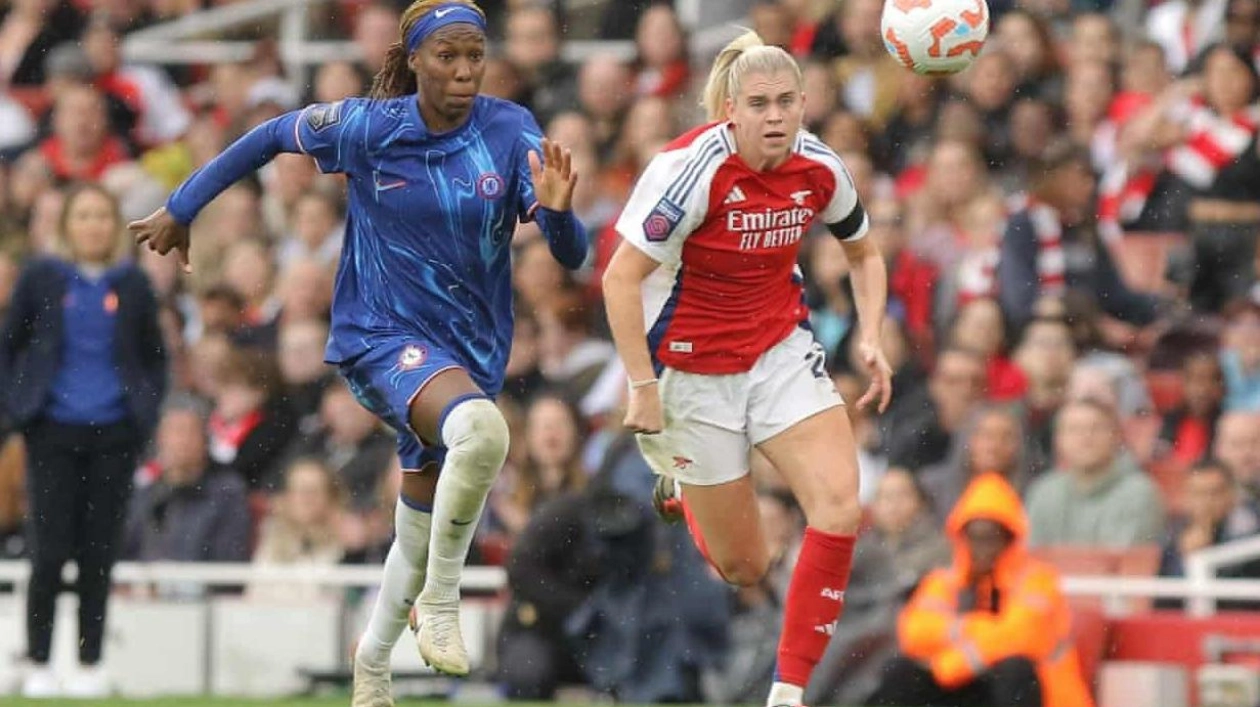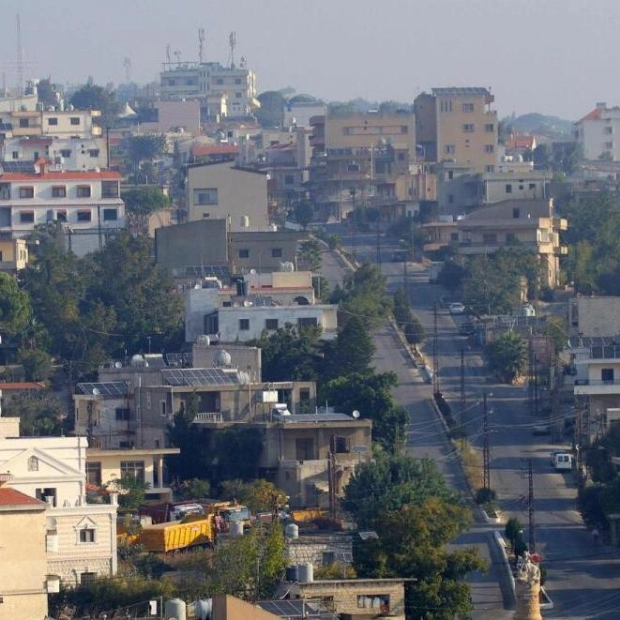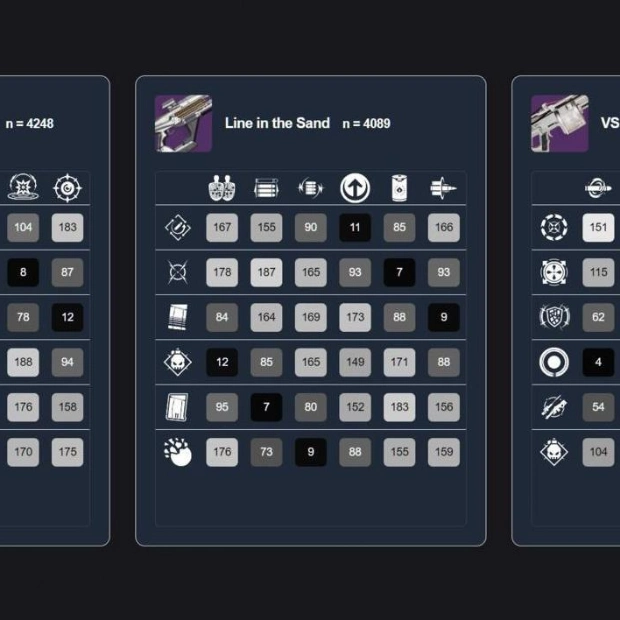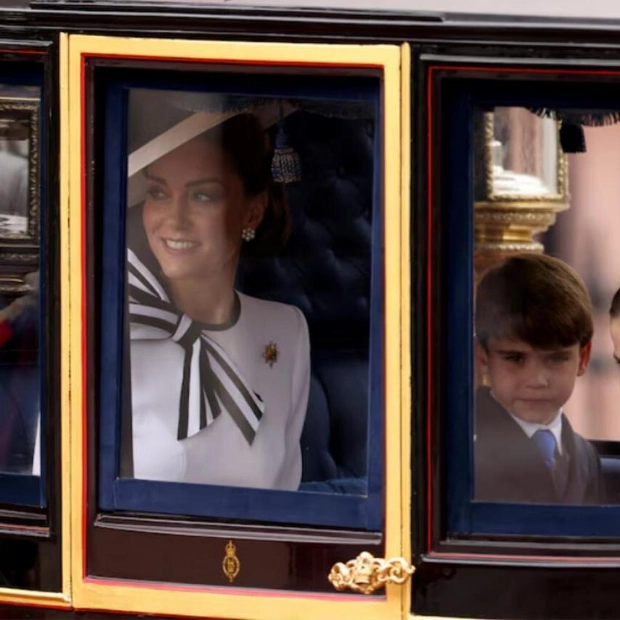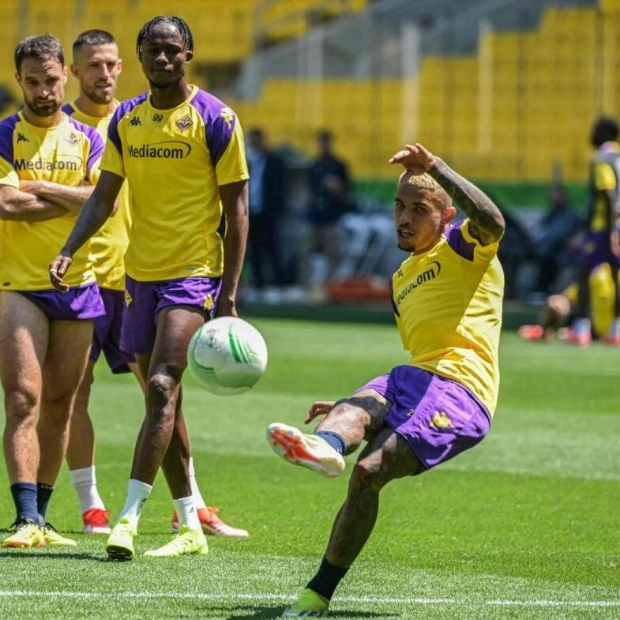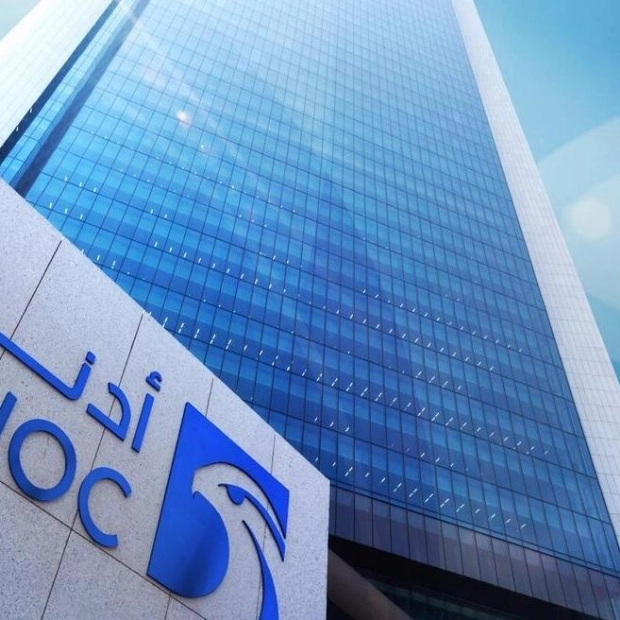The Women’s Super League has achieved a significant milestone in securing off-pitch stability for the next five seasons, thanks to a groundbreaking £65m domestic television rights deal with Sky Sports and the BBC. This landmark agreement marks a crucial step for the new company overseeing England’s top divisions, as they successfully completed one of their primary objectives shortly after assuming control in August. There were no ifs, no buts, no excuses—they had to secure a new broadcast agreement swiftly, and they did so, with a record-breaking fee.
A term frequently used by Women’s Professional Leagues Limited (WPLL) is that they are a “startup.” This term reflects the nascent financial stage not only of the WPLL but also of the women’s game as a whole, given decades of relative underinvestment compared to men’s football. If this characterization holds true, then like any startup, WPLL will be thrilled to have secured such a substantial income stream until 2030. This deal represents a significant increase from the current agreement, which is estimated to be worth around £7m-£8m per year. While this amount may still seem modest compared to the £6.7bn deal for men’s top-tier football, it is a substantial sum for a sport that was banned in the UK until 1971. Given WPLL’s mission to make the women’s game financially sustainable and profitable, these numbers are crucial. With this deal, WPLL has guaranteed a minimum of £13m in domestic broadcast revenue per season for the next five years, starting from summer 2025.
The broadcasters are also investing heavily in production costs, but in terms of direct cash flow to WPLL, the rights fee is immensely significant. This deal is in addition to Barclays’ new three-year title sponsorship, which is understood to be worth between £9m and £10m per season for the sponsorship fee alone, plus additional marketing commitments. Consequently, with between £22m and £23m of cash inflow per season for the next three years, WPLL’s first few months have been quite successful, especially considering the £20m interest-free loan from the Premier League. Most startups would be ecstatic with such a start.
More revenue will be needed, of course, and it will likely come from further overseas broadcast deals and additional commercial agreements. Speculation among club officials continues to grow about potential sponsors, from the league’s official airline to its official cheese-and-onion cob supplier. However, it’s also clear that dividing this income among the 23 clubs in the top two tiers does not necessarily transform their financial situations. One of the key questions yet to be answered is how this revenue will be distributed between the clubs and at what ratio to the WSL and Championship.
Some may also question why the deal was agreed for five years rather than three or four. If England enjoys success at next summer’s Euros or the 2027 Women’s World Cup, the rights fee agreed on Wednesday might prove to be a bargain for the broadcasters. Could a much larger fee for the 2028-29 or 2029-30 seasons have been negotiated if interest in the women’s game soars? However, the counterarguments are valid. With a five-year deal, the leagues have stability and security of income, allowing for long-term planning. The collapse of pay TV broadcaster Setanta in 2009 delayed the initial launch of the WSL by a year, highlighting the fragility of sports leagues without broadcast revenue.
Sky Sports, which has secured the rights to 118 matches per season, is understood to be contributing the majority of this new deal. In simple terms, Sky is providing the financial backing, while the BBC’s main contribution is exposure and the large audiences on its free-to-air channels. With 75% of the “first picks,” Sky is not only the lead broadcast partner but also the largest investor in WPLL to date, significantly contributing to the future of the women’s leagues.
Will fans be delighted? With the deal now finalized, many questions remain. It remains to be seen what impact this will have on kick-off times for traveling fans. Are more Friday night and weekend lunchtime kick-offs inevitable, given the large number of matches to be televised? In return for their investment, Sky will naturally expect some influence over the fixture list, which is already complicated by factors such as stadium access and calendar congestion.
The Guardian understands that most televised games will still be on a Sunday. Sky’s main slot is expected to be at midday on a Sunday, with the BBC’s most regular slot likely to be 2.30pm on the same afternoon. This should be a relief to many traveling fans, but generally, supporters will have more questions as the sport enters a new era where virtually every match will be televised.
Overall, this is a hugely positive step for the women’s leagues, and now the hard work must continue to ensure any deal post-2030 can reach a whole new level. The WSL’s chair, Dawn Airey, previously stated a league target of becoming the “first billion-pound women’s league in the world” within 10 years. Achieving this goal will require continued effort.
Source link: https://www.theguardian.com
